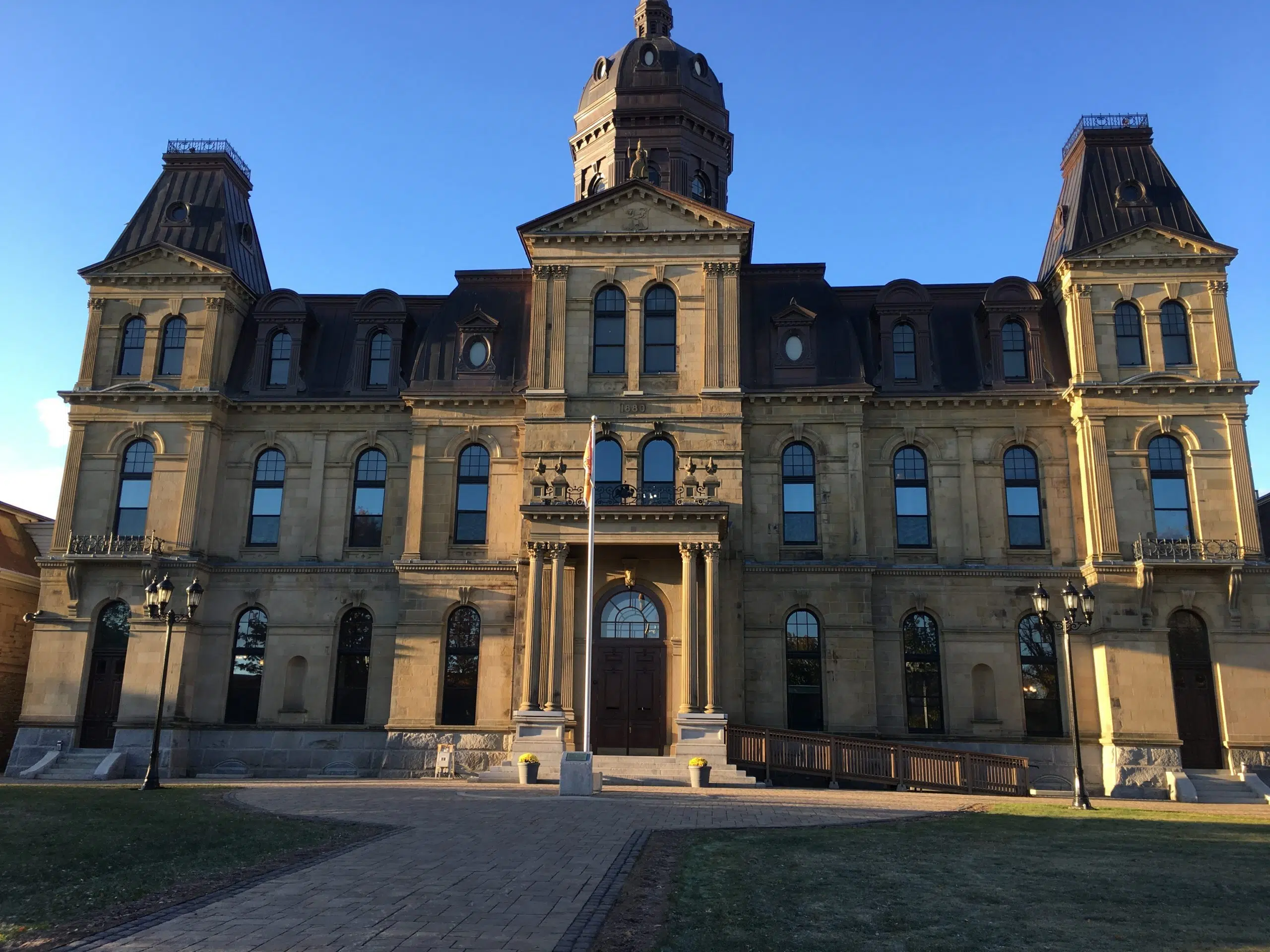
The New Brunswick legislature in Fredericton. (Image: Brad Perry)
The province has tweaked its local governance reform plan after input from residents and community leaders.
Changes have been made to some of the new communities and rural districts first announced in mid-November.
Local Government and Local Governance Reform Minister Daniel Allain said they knew there would be some adjustments given this is the most significant reform in 60 years.
“The provincial government has been listening to New Brunswickers and we have made adjustments to some proposed restructuring plans if they are consistent with the guiding principles of the reform,” Allain said in a news release Tuesday.
Since announcing the reforms on Nov. 18, about 1,700 people have taken part in engagement sessions with the department and Allain himself, according to the province.
More than 1,200 people also filled out an online survey while countless others sent in emails and briefs.
“I want to thank those who took the time to meet with us and write to us since Nov. 18 to suggest improvements to the local governance reform plan,” said Allain.
You can find more details about the adjustments by clicking here.
Under the new structure, the number of local governments — cities, towns, villages, rural communities and regional municipalities — will be reduced from 104 to 78.
There will also be 12 rural districts made up of the local service districts (LSDs) that have not become part of a local government. Currently, New Brunswick has 236 local service districts.
The newly restructured local governments and rural districts will officially take effect on Jan. 1, 2023. Work on restructuring is expected to begin in early January, with special local elections and byelections taking place where required in November of 2022.
On Tuesday, the province also announced the names of four people who will lead the transition as advisers to the minister:
- Gerard Belliveau, executive director of the Southeast Regional Service Commission;
- Lise Ouellette, former executive director of the Francophone Association of Municipalities of New Brunswick;
- Jennifer Wilkins, assistant deputy minister of Local Government and Local Governance Reform; and
- Ryan Donaghy, deputy minister of Local Government and Local Governance Reform.
Ken Harding and Maurice Basque have agreed to advise on issues relating to toponomy.
Harding is a former town manager and chief administrative officer, while Basque is a historian and scientific adviser at the Acadian Studies Institute of Université de Moncton.







